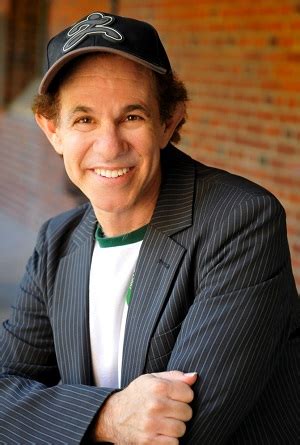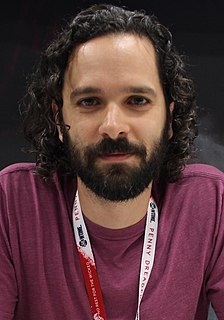A Quote by Alan Furst
I've evolved in my writing to tell a more emotional story - my publisher, Random House, has urged that.
Related Quotes
Perhaps if there is anything remotely interesting about my writing style, it is this: more often than not I have no idea what the story is going to be about. Sometimes I have a fuzzy vision, or a glimpse of one scene, or a character. But mostly all I have is a random first sentence, and I follow it to see where it might go. For me, writing is the process of discovery, of gradually figuring out what happens in the story and how it ends, that makes writing an interesting process for me.
I didn't know how story worked. So, when writing the screenplay, people introduced me to the science of it. And I'm grateful. I'll probably use that information for the rest of my career, in terms of writing novels or writing stories. And then, of course, to help me live a better story, a more meaningful story
I want studios that make story-based games to start taking their stories more seriously. And that doesn't mean hiring a big shot writer from Hollywood; it means that story becomes integral to making your game. I don't see how you can achieve that without having an in-house writer that sits next to the designer, helping them make their levels, talking with the engineers about where we can tell the story more dynamically, pushing at technology.
Essentially, the scripts are not that different. Let's say, in literary terms, it's the difference between writing horizontally and writing vertically. In live television, you wrote much more vertically. You had to probe people because you didn't have money or sets or any of the physical dimensions that film will allow you. So you generally probed people a little bit more. Film writing is much more horizontal. You can insert anything you want: meadows, battlefields, the Taj Mahal, a cast of thousands. But essentially, writing a story is writing a story.



































